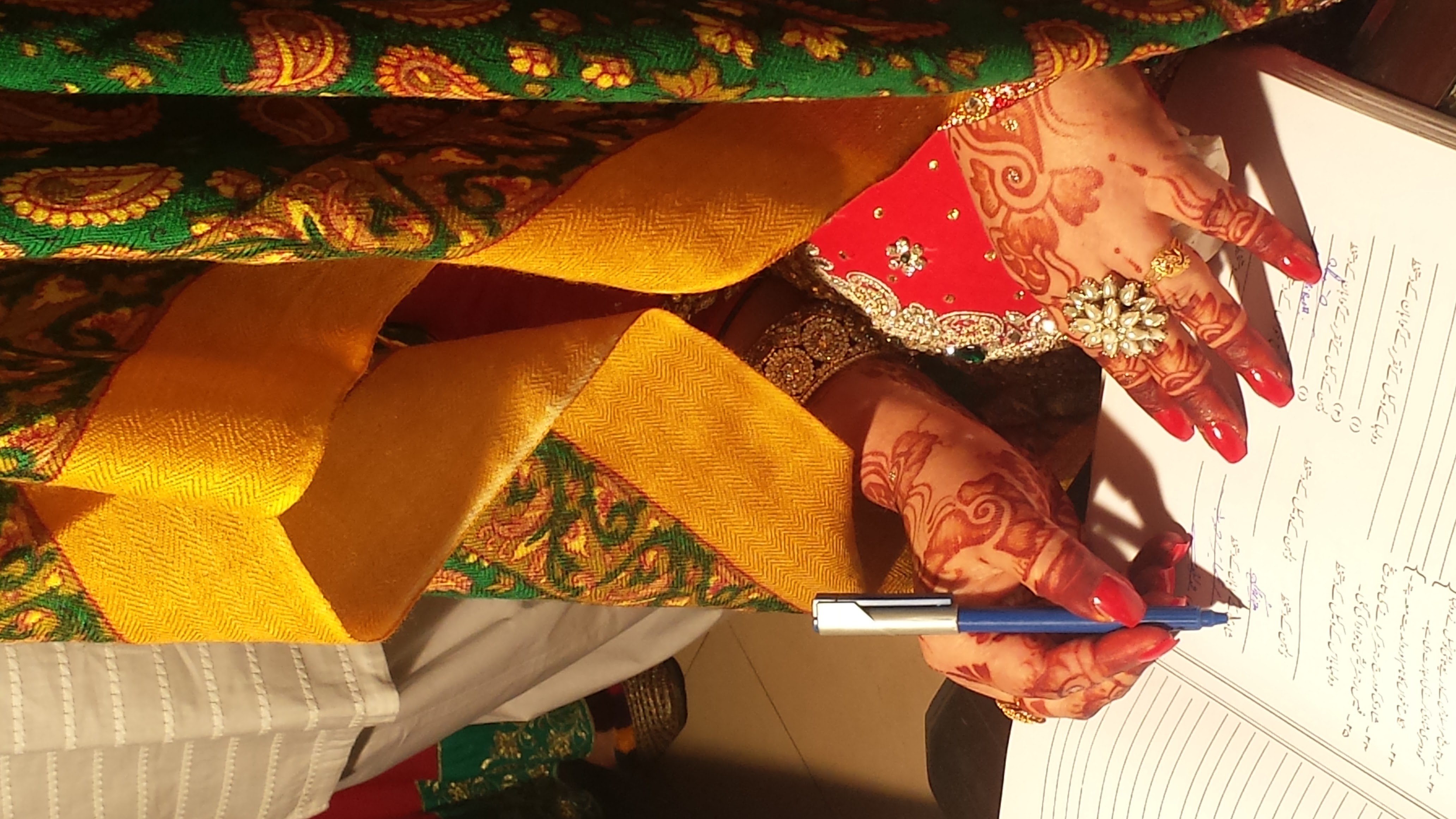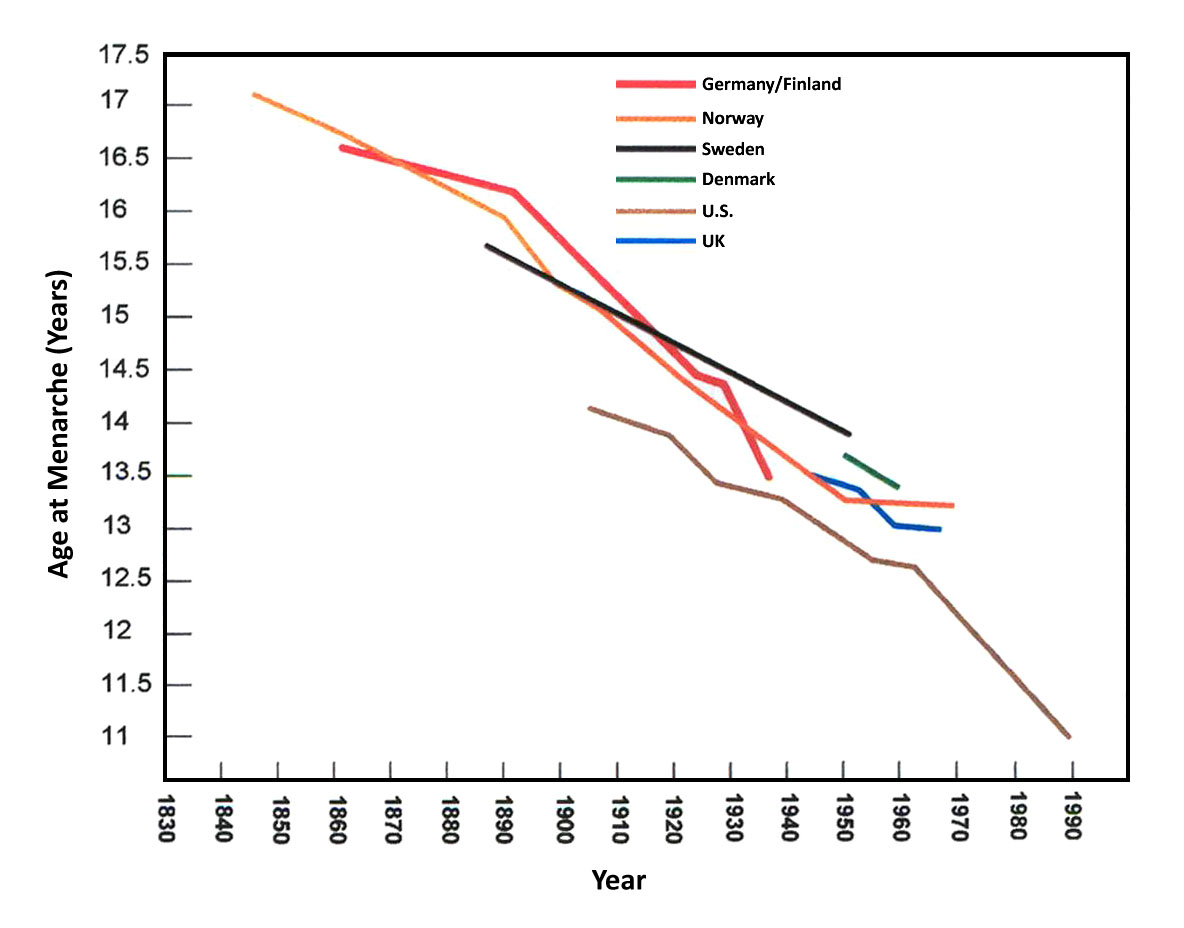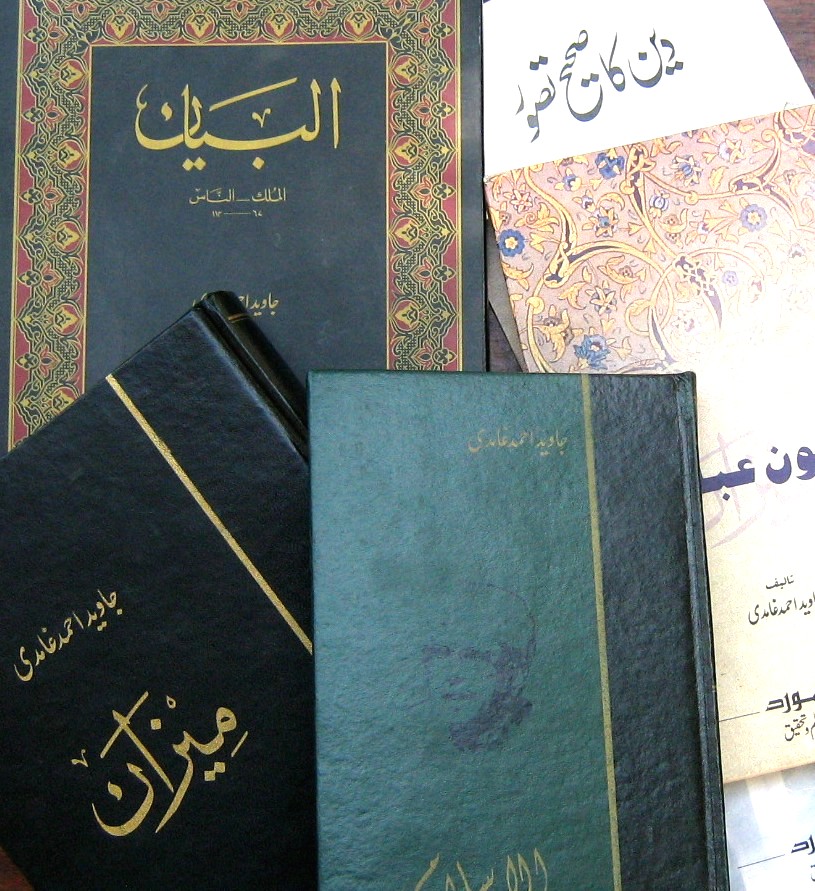|
Iddah
In Islam, ''iddah'' or ''iddat'' ( ar, العدة, al-ʿidda; "period of waiting") is the period a woman must observe after the death of her husband or after a divorce, during which she may not marry another man. One of its main purposes is to remove any doubt as to the paternity of a child born after the divorce or death of the prior husband. The length of ‘iddah varies according to a number of circumstances. Generally, the ‘iddah of a divorced woman is three lunar months (i.e. about 89 days), but if the marriage was not consummated there is no ‘iddah. For a woman whose husband has died, the ‘iddah is four lunar months and ten days (i.e. about 128 days) after the death of her husband, whether or not the marriage was consummated. If a woman is pregnant when she is widowed or divorced, the ‘iddah lasts until she gives birth. Islamic scholars consider this directive to be a balance between mourning of husband's death and protecting the widow from criticism that she mig ... [...More Info...] [...Related Items...] OR: [Wikipedia] [Google] [Baidu] |
Marriage In Islam
In Islam, nikah is a contract between two people. Both the groom and the bride are to consent to the marriage of their own free wills. A formal, binding contract – verbal or on paper – is considered integral to a religiously valid Islamic marriage, and outlines the rights and responsibilities of the groom and bride. Divorce in Islam can take a variety of forms, some executed by a husband personally and some executed by a religious court on behalf of a plaintiff wife who is successful in her legal divorce petition for valid cause. In addition to the usual marriage until death or divorce, there is a different fixed-term marriage known as ("temporary marriage") permitted only by the Twelver branch of Shi'ite for a pre-fixed period.Berg, H"Method and theory in the study of Islamic origins" Brill 2003 , 9789004126022. Accessed at Google Books 15 March 2014.Hughes, T"A Dictionary of Islam." Asian Educational Services 1 December 1995. Accessed 15 April 2014.Pohl, F"Muslim wor ... [...More Info...] [...Related Items...] OR: [Wikipedia] [Google] [Baidu] |
Menstruation In Islam
Menstruation in Islam relates to various purity related restrictions in Islamic jurisprudence. The ḥaiḍ (حيض menses) is the religious state of menstruation in Islam. The Qur'an makes specific mention of menstruation in Quran 2:222 which instructs: :''They will ask thee also, concerning the courses of women: Answer, they are a pollution: Therefore separate your selves from women in their courses, and go not near them, until they be cleansed. But when they are cleansed, go in unto them as God hath commanded you, for God loveth those who repent, and loveth those who are clean.'' The language is taken to clearly imply that sexual relations during menstruation are prohibited. Ibn Kathīr, a muhaddith, narrated a hadith that describes Muhammad's habits with his menstruating wives. This hadith demonstrates that Muhammad gave licence to all forms of spousal intimacy during the period of menstruation with the exception ofintercourse. Women are required to perform ritual cleansing ... [...More Info...] [...Related Items...] OR: [Wikipedia] [Google] [Baidu] |
At-Talaq
"Divorce" ( ar, الطلاق, ''aṭ-talāq'') is the 65th chapter of the Qur'an with 12 verses ('' ayat''). At-Talaq is not only the name of this Surah but also the title of its subject matter, as it contains commandments about Talaq (divorce) itself. Abdullah ibn Masud (''died'' c.653) reportedly described it as ''the shorter surah An-Nisa''. The surah also defines the time period of mourning (''iddah'') to be three menstruation periods. For pre-menarche girls and for post-menopause women - three months. In case of pregnancy, after the delivery of the child. After addressing the topic of divorce and a number of other resulting family issues in first 7 verses, the surah then strongly urges people to observe God’s regulations and guidance, and reminded the fate of earlier disobedient people that the apostate and disobedient were chastised for their sin. The 11th verse describes the required attitude of the true believers that they exhort to faith in messenger and the r ... [...More Info...] [...Related Items...] OR: [Wikipedia] [Google] [Baidu] |
Divorce In Islam
Divorce in Islam can take a variety of forms, some initiated by the husband and some initiated by the wife. The main traditional legal categories are ''talaq'' ( repudiation), ''khulʿ'' (mutual divorce or ransom divorce) Historically, the rules of divorce were governed by sharia, as interpreted by traditional Islamic jurisprudence, though they differed depending on the legal school, and historical practices sometimes diverged from legal theory. In modern times, as personal status (family) laws have been codified, they generally have remained "within the orbit of Islamic law", but control over the norms of divorce shifted from traditional jurists to the state. Quranic principles According to the Quran, marriage is intended to be unbounded in time, as indicated by its characterization as a "firm bond" and by the rules governing divorce. The relationship between the spouses should ideally be based on love (''mawadda wa rahma'', 30:21) and important decisions concerning both ... [...More Info...] [...Related Items...] OR: [Wikipedia] [Google] [Baidu] |
Islam
Islam (; ar, ۘالِإسلَام, , ) is an Abrahamic religions, Abrahamic Monotheism#Islam, monotheistic religion centred primarily around the Quran, a religious text considered by Muslims to be the direct word of God in Islam, God (or ''Allah'') as it was revealed to Muhammad, the Muhammad in Islam, main and final Islamic prophet.Peters, F. E. 2009. "Allāh." In , edited by J. L. Esposito. Oxford: Oxford University Press. . (See alsoquick reference) "[T]he Muslims' understanding of Allāh is based...on the Qurʿān's public witness. Allāh is Unique, the Creator, Sovereign, and Judge of mankind. It is Allāh who directs the universe through his direct action on nature and who has guided human history through his prophets, Abraham, with whom he made his covenant, Moses/Moosa, Jesus/Eesa, and Muḥammad, through all of whom he founded his chosen communities, the 'Peoples of the Book.'" It is the Major religious groups, world's second-largest religion behind Christianity, w ... [...More Info...] [...Related Items...] OR: [Wikipedia] [Google] [Baidu] |
Al-Baqarah
Al-Baqara, alternatively transliterated Al-Baqarah ( ar, الْبَقَرَة, ; "The Heifer" or "The Cow"), is the second and longest chapter (''surah'') of the Quran. It consists of 286 verses ('' āyāt'') which begin with the "mysterious letters" ("''muqatta'at''") A.L.M. In recitation the names of the letters ('' alif, lām, and mīm'') are used, not their sounds.Caner Dagli, ''2 The Cow al-Baqarah'', Study Quran The sūrah encompasses a variety of topics and contains several commands for Muslims such as enjoining fasting on the believer during the month of Ramadan; forbidding interest or usury (''riba''); and several famous verses such as The Throne Verse, Al-Baqara 256, and the final two or three verses. The sūrah addresses a wide variety of topics, including substantial amounts of law, and retells stories of Adam, Ibrahim (Abraham) and Mūsa (Moses). A major theme is guidance: urging the pagans ( Al-Mushrikeen) and the Jews of Medina to embrace Islam, and war ... [...More Info...] [...Related Items...] OR: [Wikipedia] [Google] [Baidu] |
Menarche
Menarche ( ; ) is the first menstrual cycle, or first menstrual bleeding, in female humans. From both social and medical perspectives, it is often considered the central event of female puberty, as it signals the possibility of fertility. Girls experience menarche at different ages. Having menarche occur between the ages of 9–16 in the west is considered normal.US National Health Statistics Report September 2020 Canadian psychological researcher Niva Piran claims that menarche or the perceived average age of puberty is used in many cultures to separate girls from activity with boys, and to begin confinement as a woman and future wife. The timing of menarche is influenced by female , as we ... [...More Info...] [...Related Items...] OR: [Wikipedia] [Google] [Baidu] |
49 - 33:52
49 may refer to: * 49 (number) * "Forty Nine", a song by Karma to Burn from the album '' V'', 2011 * one of the years 49 BC, AD 49, 1949 Events January * January 1 – A United Nations-sponsored ceasefire brings an end to the Indo-Pakistani War of 1947. The war results in a stalemate and the division of Kashmir, which still continues as of 2022. * January 2 – Luis ..., 2049 {{Numberdis ... [...More Info...] [...Related Items...] OR: [Wikipedia] [Google] [Baidu] |
Sharia
Sharia (; ar, شريعة, sharīʿa ) is a body of religious law that forms a part of the Islamic tradition. It is derived from the religious precepts of Islam and is based on the sacred scriptures of Islam, particularly the Quran and the Hadith. In Arabic, the term ''sharīʿah'' refers to God's immutable divine law and is contrasted with ''fiqh'', which refers to its human scholarly interpretations. In the historical course, fiqh sects have emerged that reflect the preferences of certain societies and state administrations on behalf of people who are interested in the theoretical (method) and practical application ( Ahkam / fatwa) studies of laws and rules, but sharia has never been a valid legal system on its own. It has been used together with " customary (Urf) law" since Omar or the Umayyads. It may also be wrong to think that the Sharia, as a religious argument or belief, is entirely within or related to Allah's commands and prohibitions. Several non-graded crime ... [...More Info...] [...Related Items...] OR: [Wikipedia] [Google] [Baidu] |
Abdullah Yusuf Ali
Abdullah Yusuf Ali, CBE, MA, LL.M, FRSA, FRSL (; ur, عبداللہ یوسف علی; 14 April 1872 – 10 December 1953) was an Indian-British barrister who wrote a number of books about Islam including an exegesis of the Qur'an. A supporter of the British war effort during World War I, Ali received the CBE in 1917 for his services to that cause. He died in London in 1953. Early life Ali was born in Bombay, British India, the son of Yusuf Ali Allahbuksh (died 1891), also known as Khan Bahadur Yusuf Ali, originally a Shi'i Isma'ili in the Dawoodi Bohra tradition, who later became a Sunni and who turned his back on the traditional business-based occupation of his community and instead became a Government Inspector of Police. On his retirement, he gained the title Khan Bahadur for public service. As a child, Abdullah Yusuf Ali attended the Anjuman Himayat-ul-Islam school and later studied at the missionary school Wilson College, both in Bombay. He also received a re ... [...More Info...] [...Related Items...] OR: [Wikipedia] [Google] [Baidu] |
Pregnant
Pregnancy is the time during which one or more offspring develops ( gestates) inside a woman's uterus (womb). A multiple pregnancy involves more than one offspring, such as with twins. Pregnancy usually occurs by sexual intercourse, but can also occur through assisted reproductive technology procedures. A pregnancy may end in a live birth, a miscarriage, an induced abortion, or a stillbirth. Childbirth typically occurs around 40 weeks from the start of the last menstrual period (LMP), a span known as the gestational age. This is just over nine months. Counting by fertilization age, the length is about 38 weeks. Pregnancy is "the presence of an implanted human embryo or fetus in the uterus"; implantation occurs on average 8–9 days after fertilization. An ''embryo'' is the term for the developing offspring during the first seven weeks following implantation (i.e. ten weeks' gestational age), after which the term ''fetus'' is used until birth. Signs and sy ... [...More Info...] [...Related Items...] OR: [Wikipedia] [Google] [Baidu] |
Al-Mawrid
Javed Ahmad Ghamidi ( ur, , translit=Jāvēd Aḥmad Ghāmidī; April 7, 1952) is a Pakistani philosopher, educationist, and scholar of Islam. He is also the founding President of Al-Mawrid Institute of Islamic Sciences and its sister organisation ''Danish Sara''. He became a member of the Council of Islamic Ideology (responsible for giving legal advice on Islamic issues to the Pakistani Government and the country's Parliament) on 28 January 2006, where he remained for a couple of years. He also taught Islamic studies at the Civil Services Academy for more than a decade from 1979 to 1991. He was also a student of Islamic scholar and exegete, Amin Ahsan Islahi. He is running an intellectual movement similar to Wasatiyyah, on the popular electronic media of Pakistan.Masud(2007) Currently he is Principal Research Fellow and Chief Patron of Ghamidi Center of Islamic Learning in United States. Javed Ahmad Ghamidi was named in ''The Muslim 500'' (The World's Most Influential Musli ... [...More Info...] [...Related Items...] OR: [Wikipedia] [Google] [Baidu] |


.jpg)




